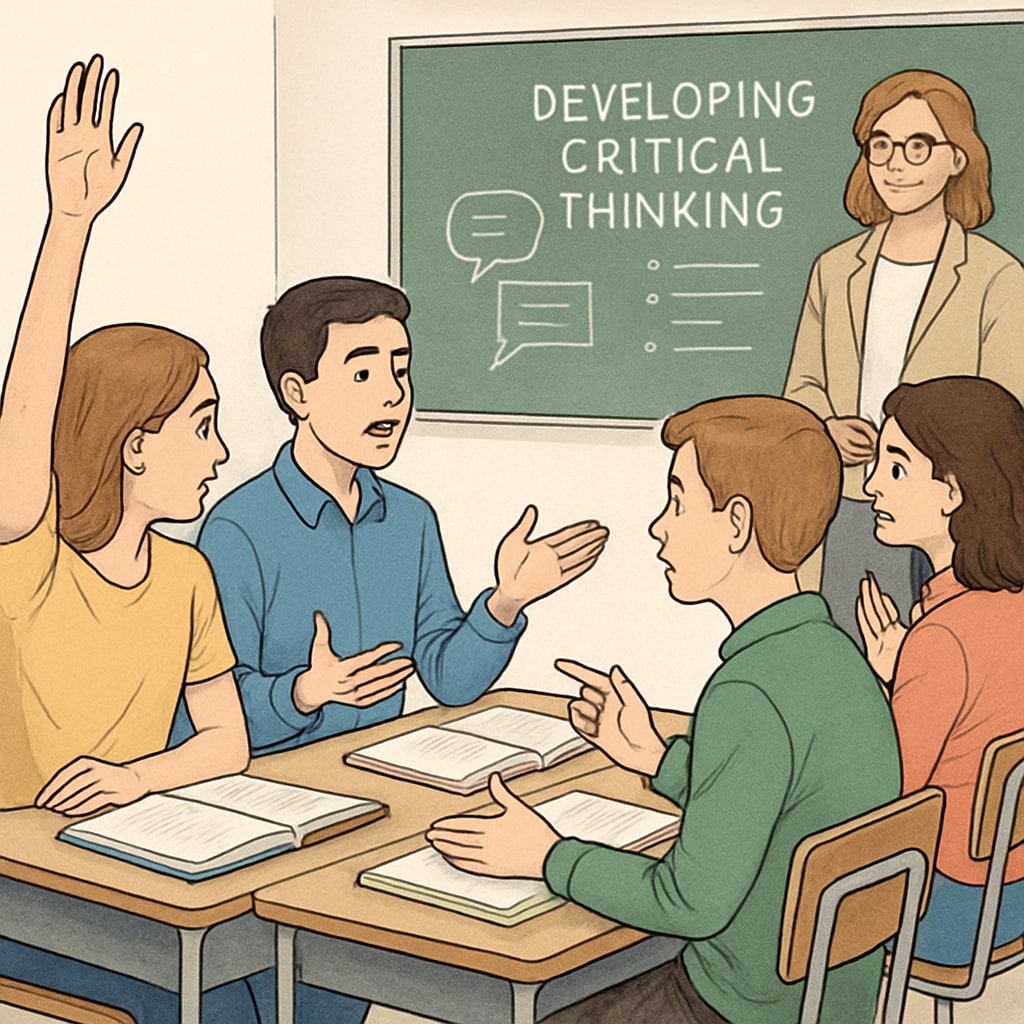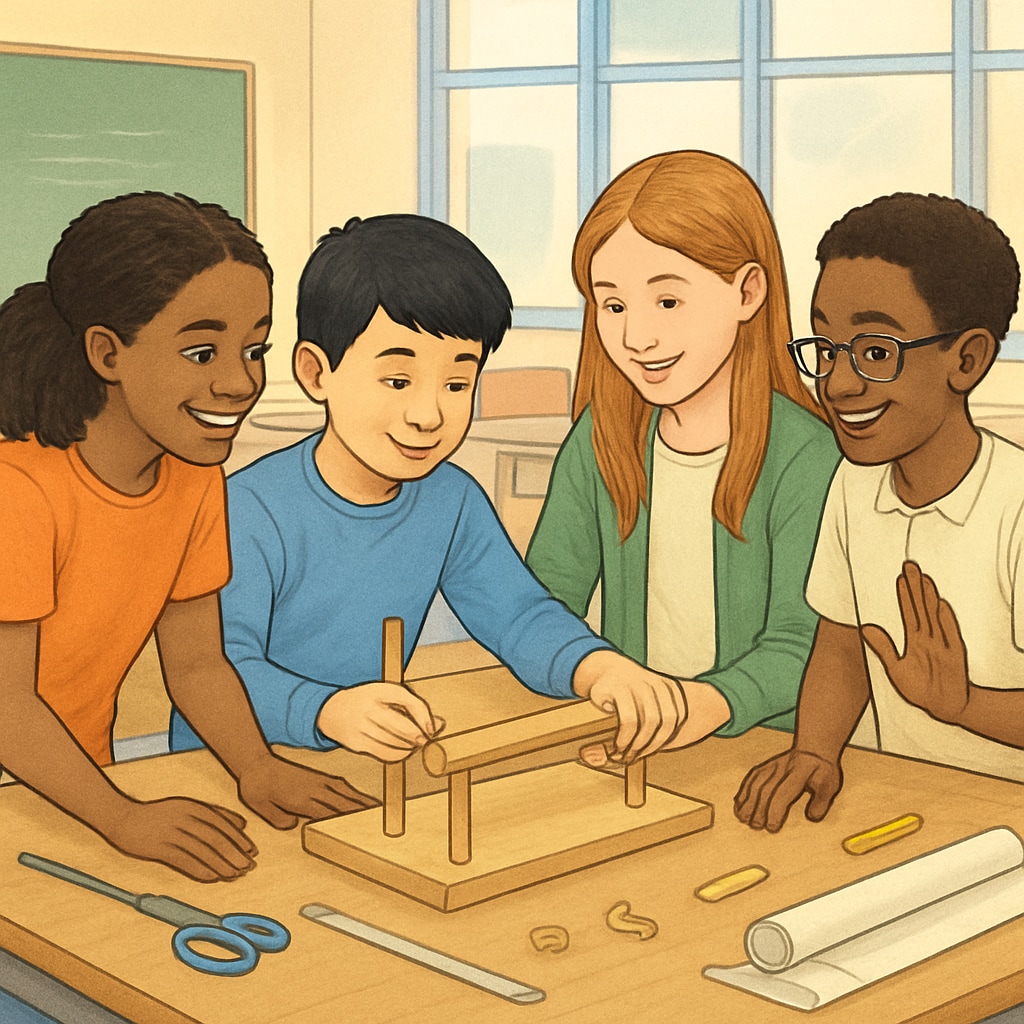The importance of education, critical thinking, and personal growth cannot be overstated, especially in the formative years of K12 schooling. This foundational phase shapes students’ character, cognitive abilities, and their understanding of the world, laying the groundwork for higher education and lifelong success. By fostering critical thinking skills, nurturing emotional intelligence, and promoting inclusivity, K12 education equips young minds to navigate complex challenges and seize opportunities in their future endeavors.
Building Critical Thinking Through Active Learning
Critical thinking is the backbone of intellectual development, and K12 education introduces students to this essential skill. By engaging in active learning methods such as debates, problem-solving tasks, and project-based assignments, students learn to analyze information, evaluate perspectives, and make informed decisions. For example, a classroom discussion on ethical dilemmas might encourage students to weigh various viewpoints and articulate their reasoning, strengthening their ability to think logically and independently.
Moreover, critical thinking prepares students for the demands of higher education, where independent research and complex problem-solving are required. As a result, students who develop these skills early are better equipped to succeed academically and professionally.

Fostering Personal Growth and Emotional Intelligence
In addition to cognitive skills, K12 education plays a significant role in shaping students’ character and emotional intelligence. These qualities are vital for personal growth and interpersonal relationships. Schools often incorporate lessons on empathy, teamwork, and resilience, helping students to understand and manage their emotions while interacting effectively with others.
For example, collaborative projects teach students the value of working together toward a common goal, emphasizing mutual respect and communication. These experiences build a strong foundation for emotional intelligence, which is increasingly recognized as a critical factor in both personal and professional success.

Promoting Open-Mindedness and Global Perspectives
K12 education also introduces students to diverse cultures, ideas, and histories, fostering an open-minded worldview. Exposure to different perspectives helps students develop tolerance and understanding, qualities that are essential for thriving in a globalized society. For instance, history and literature classes that examine various cultural narratives encourage students to appreciate the richness of human experiences and reflect on their own beliefs.
As a result, students become more adaptable and empathetic, qualities that are invaluable for building meaningful connections across cultures and communities.
The impact of K12 education extends far beyond the classroom. By cultivating critical thinking, emotional intelligence, and global awareness, foundational education empowers students to grow into well-rounded individuals capable of navigating the complexities of the modern world.


